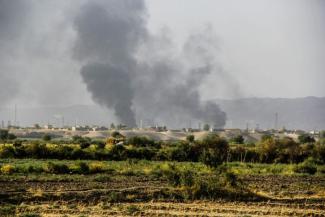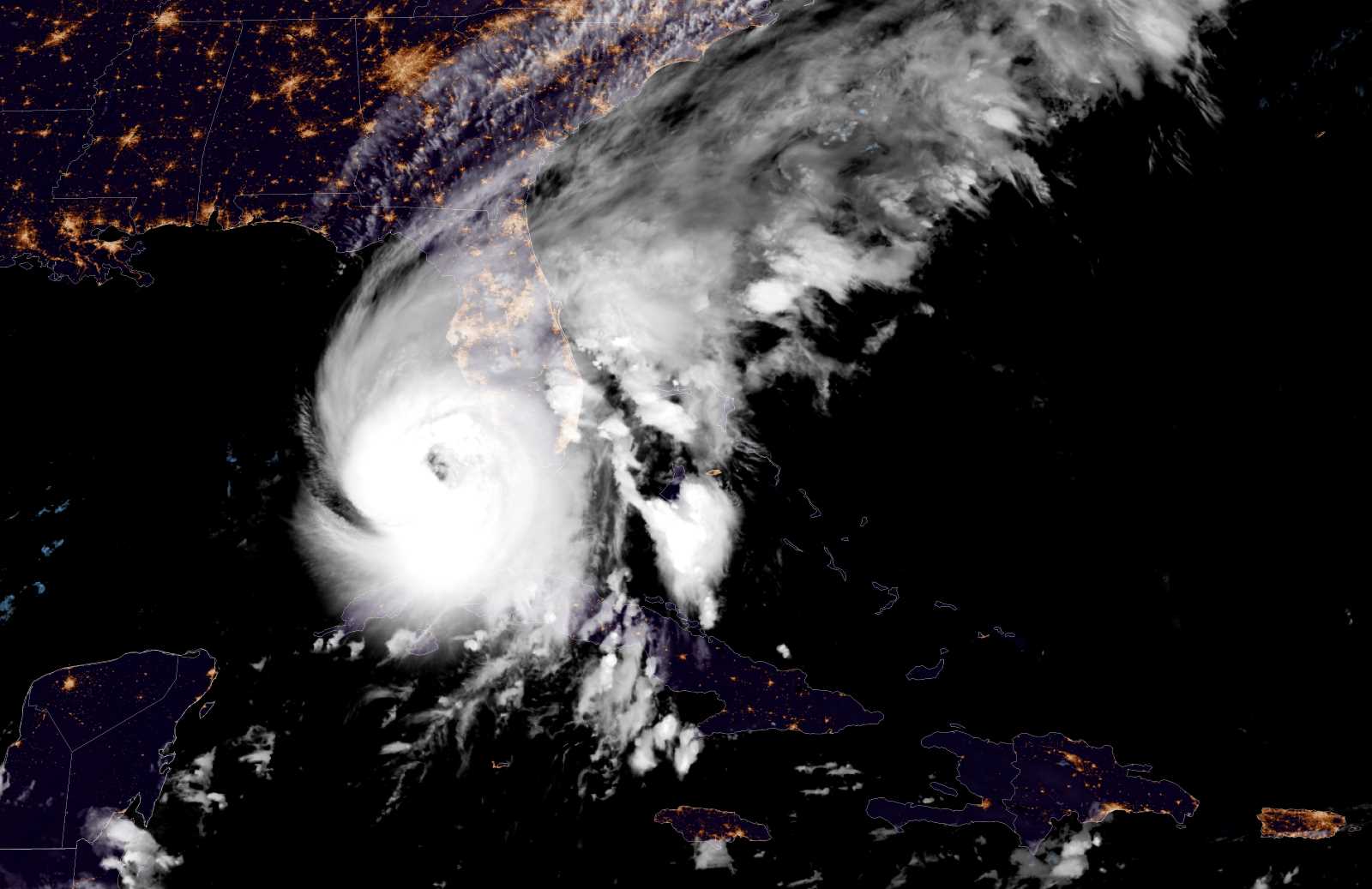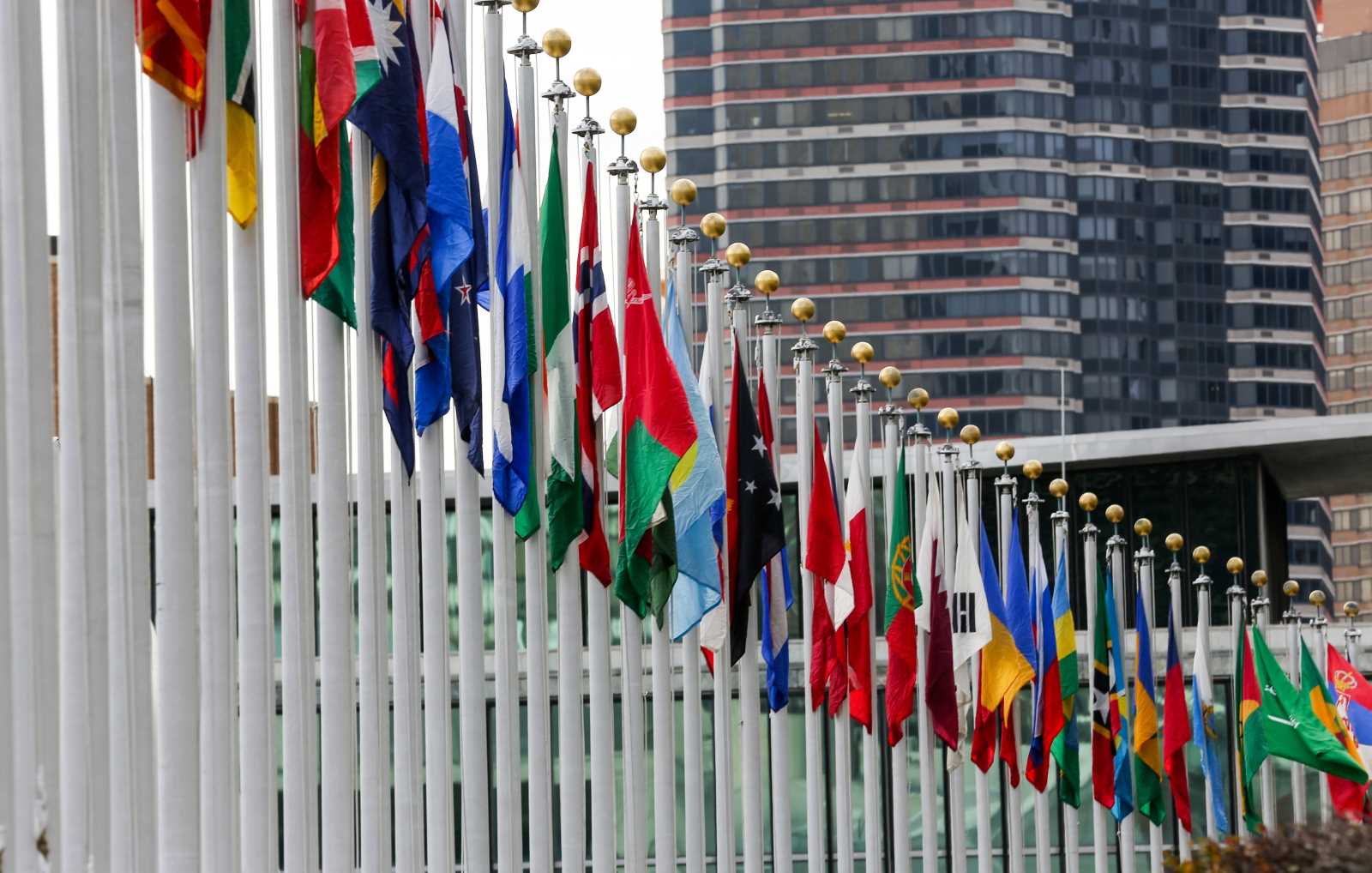Comment
Need for global action

Picture the effects of environmental crime. Perhaps you imagine a nefarious company emptying barrels of toxic waste into a river. Maybe you see acres of clear-cut rainforest, a silent wasteland of stumps where life was once plentiful. Or you could imagine the grisly aftermath of an elephant poaching, the chainsaws used to remove the tusks still wet with blood.
Most wouldn’t picture the prolongation of a 30-year civil war, terrorist attacks, or the proliferation of international gangs. Yet these are consequences of environmental crime too. Environmental crime is not only destroying our planet. It is undermining peace and destroying lives. And it is growing in scale.
A recent study by UN Environment Programme and Interpol determined that environmental crime is now worth up to $ 258 billion. That is up 26 % on estimates from 2014. “Ecocrime” is the fourth largest criminal enterprise in the world after the drug trade, counterfeiting and human trafficking.
Environmental crime negatively affects nature and has knock-on effects for human health. Every year, miners in the Amazon tip 30 tonnes of mercury into the region’s rivers and lakes. Doctors have diagnosed brain damage from mercury poisoning as far as 400 kilometres downstream. Loggers illegally chop down trees and in doing so degrade water and air quality.
Environmental crime also threatens global security. Enormous revenues from illegally exploiting mines have funded the FARC rebel group in Colombia, while Al Shabaab in Somalia has profited from the illegal charcoal trade. Even ISIS, the most notorious terrorist group today, funds their operations by illegally trading natural resources.
Beyond directly funding insecurity and destroying ecosystems, environmental crime causes governments to lose revenue in the range of $ 9 billion to $ 26 billion every year, a figure 10,000 times greater than the amount of money spent combating these crimes. This money could be used to fund training, infrastructure and safeguards that prevent bloodshed and ecosystem destruction.
How do we break the cycle? We are already working in that direction and have seen some success. Recent Interpol operations have netted hundreds of criminals and hundreds of millions of dollars worth of illegally traded environmental products. UN Environment Programme and its partners are working with many countries to strengthen enforcement, monitor illegal logging through satellite systems and look at providing alternative livelihoods for poachers. We are also running a major global campaign, Wild for Life, where tens of thousands of people, from ministers to businesses to ordinary citizens, have pledged to act to end the illegal trade in wildlife.
But the mountain seems to grow as we try to climb it. We need a more cohesive approach.
The initial step is to recognise there is a direct line from the illegal exploitation and degradation of our environment to the proliferation of global insecurity. We can address the former with a view to fixing the latter.
To address it, environmental rule of law should be strengthened at all levels. That means, among other things, disrupting overseas tax havens used to launder gains from environmental crime, and punishing wrongdoers with dissuasive penalties and substantial sanctions.
Environmental crime cuts across numerous national interests, so to fight it effectively governments need to be better coordinated. Brazil’s example of a single command and control authority to reduce deforestation in the Amazon shows how successful mobilising political will to act can be. Deforestation has since been reduced by 76 %. This cooperation should also extend internationally, given the global nature of the problem.
Official development assistance matters too. By increasing the share of development assistance in governance and judicial reform, we can help combat and prevent environmental crime.
Finally, we need to eliminate demand for products that come from these crimes. Too often, there is little public knowledge of these issues. We know environmental crime ultimately impacts everyone. It will only stop when we all work toward that end.
Erik Solheim is the executive director of the UN Environment Programme.
http://www.unep.org
Link
UNEP and Interpol, 2016: The rise of environmental crime.
http://unep.org/documents/itw/environmental_crimes.pdf











